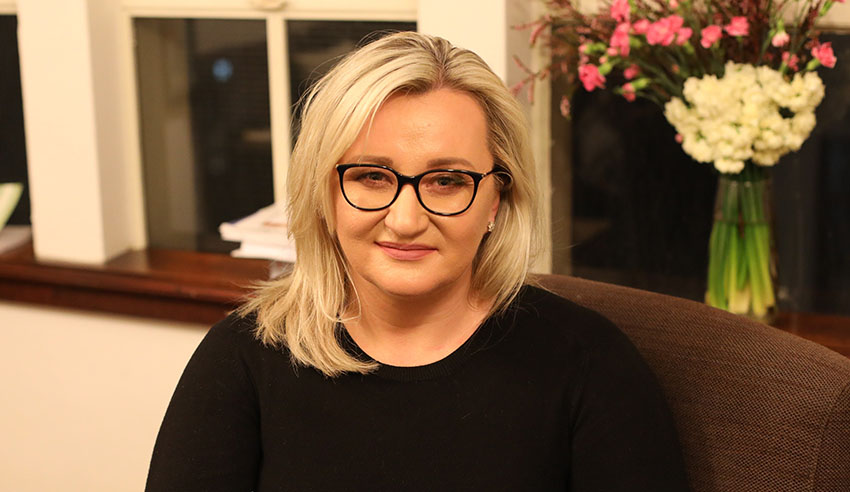Getting your client affordable, online treatment can help prevent reoffending and be a useful court tool, writes Dr Yuliya Richard.

As a lawyer, it can be hard to sometimes to fathom why clients behave in a certain way. My research, and other research, shed some meaningful light on how and why impulse control issues are at the core of so many unhealthy habits and illegal behaviours.
As an aside, understanding and managing impulsivity can also offer an insight into the behaviour of colleagues or help professionals deal with issues such as unhealthy drinking, binge eating or relationship issues. But I digress – back to your clients.
Impulsivity is a personality trait. People often say they are not impulsive but when we look at predispositions of impulsivity, things start to make sense.
Impulsivity can be a good friend – it helps us feel adventurous, excited, and spontaneous. Sometimes it can be like a bad friend whom you utterly trust.
It is different for different people, but people with impulsivity:
For example, if your client struggles with impulsivity, they are more likely to react at the moment with rage or anger. Initially minor coping mechanisms to deal with stress turn into bad habits or addiction, especially when the real trigger or stressor is not addressed. They still break the conditions of their parole because their partner has said something insulting and they had to retaliate.
If impulsivity is not understood and never addressed, it can negatively impact on all aspects of people’s lives. As well as contributing to poor behaviour, there is a secondary, reinforcing, effect. Most people feel ashamed about their actions, feel weak or lacking discipline and this causes us to give up on our dreams and goals.
Once impulsiveness facilitates development of an unwanted and destructive habit it can be hard to change without treatment. But people struggling with impulsivity are more likely to give up on treatment prematurely, particularly if there are no quick results.
There is good news. There are tools that can help people manage emotions and gain control over their behaviours in a short space of time. They are available through face-to-face counselling but also through online programs. The latter can be useful for people with lower levels of income, lower levels of literacy, and those in rural and remote areas. Online programs also help those who wish to work through the material privately and at their own pace.
Effective programs help people understand:
Completing a program addressing impulsivity can help demonstrate, to a court, your client’s remorse as well as their willingness to improve their mindset and take control of their life. It can also address the root cause of their behaviour – reducing the chance of reoffending.
Dr Yuliya Richard is a Sydney-based clinical psychologist at Blue Horizon Counselling.